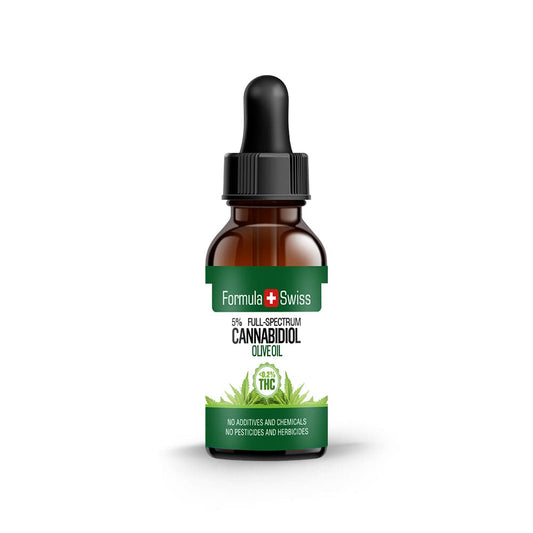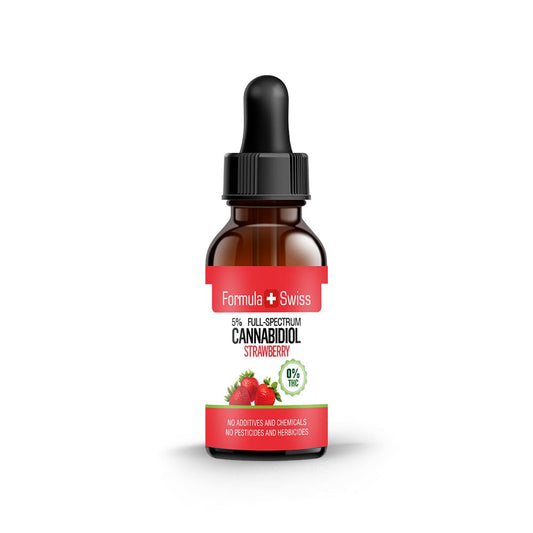Introduction to CBD and Cancer Research
Recent research conducted in Queensland, Australia, has provided new insights into the effects of Cannabidiol (CBD) on patients with advanced-stage cancer. Published in the journal BMJ Supportive & Palliative Care, this study meticulously compared the outcomes of CBD consumption against a placebo in a cohort of cancer patients, offering a comprehensive look into the potential therapeutic roles of cannabinoids in cancer treatment.
The Study's Approach and Findings
Participants in the study were administered CBD, with dosages reaching up to 600 mg per day, or a placebo over a span of nearly three months. The objective was to observe any changes in disease progression or survival rates between the two groups. Contrary to the anticipated outcomes based on preclinical studies and anecdotal evidence suggesting anti-cancer properties of cannabinoids, the study concluded that there were no significant differences in disease progression or survival rates among advanced cancer patients receiving CBD compared to those on a placebo.
Implications of the Findings
The findings challenge the previously held notion that cannabinoids, including CBD, could play a direct role in halting cancer progression or extending survival in human subjects. Despite the lack of observed benefits in disease progression and survival, the study opens up discussions on the complexity of cancer treatment and the need for further research into the potential therapeutic uses of cannabinoids.
Understanding Cannabinoids and Cancer
While numerous preclinical studies have highlighted the anti-cancer effects of cannabinoids such as THC and CBD, particularly in terms of inhibiting cancer cell growth in vitro, these effects have yet to be replicated in controlled human studies. This discrepancy underscores the necessity for more comprehensive research to explore the mechanisms through which cannabinoids might impact cancer and whether these effects can be harnessed for therapeutic purposes.
Exploring the Potential of Cannabinoids
Despite the study's findings, the intrigue surrounding the potential anticancer roles of cannabinoids remains. The in vitro effects of cannabinoids on cancer cell growth suggest a possible avenue for future research, aiming to uncover specific conditions under which these compounds might exhibit beneficial effects in human cancer treatment.
- The need for further research into cannabinoids and cancer
- Exploring the therapeutic potential of CBD in cancer treatment
- Understanding the mechanisms of cannabinoids on cancer cells
The study conducted in Queensland represents a critical step in our understanding of CBD's role in cancer treatment. While it did not find a direct benefit in terms of disease progression or survival, it highlights the importance of continued research in this area. The journey to fully understand the potential therapeutic benefits of cannabinoids, including CBD, in cancer treatment is ongoing, with each study contributing valuable insights to the broader scientific community.








